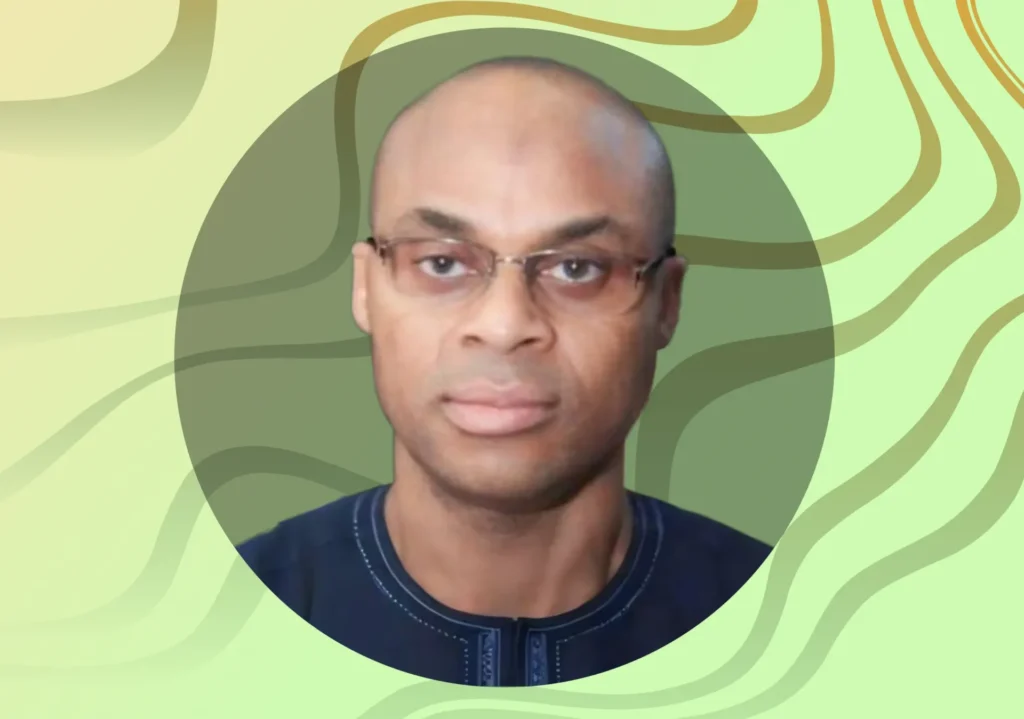Eight years ago today, Nigeria lost an exceptional scholar, activist, and visionary leader—Professor Abubakar Momoh, the pioneer chairman of the Resource Centre for Human Rights and Civic Education (CHRICED). As we commemorate his legacy, we reflect on the enduring impact of his work and the values he championed—democracy, justice, and social change.
Throughout his distinguished career spanning over three decades, Professor Momoh was a relentless advocate for democratic governance, civil liberties, and accountable leadership. His unwavering commitment to strengthening Nigeria’s democratic fabric made him a revered figure among civil society organizations (CSOs) and a trusted ally in the pursuit of social justice. His intellectual contributions earned him the respected title of “Activist-Scholar,” a testament to his ability to blend rigorous academic inquiry with real-world advocacy.
A Call for Reflection on Nigeria’s Democratic Journey
On this significant day—marking the 8th anniversary of Professor Momoh’s passing and the 26th anniversary of Nigeria’s return to democracy—CHRICED calls for deep reflection on the state of our democratic institutions. The ideals for which Professor Momoh fought tirelessly—free and fair elections, rule of law, separation of powers, and an engaged civil society—have, regrettably, been eroded.
The executive branch now overshadows the other arms of government, with the legislature reduced to a rubber-stamp institution and the judiciary plagued by questionable decisions. The National Assembly, once envisioned as the heartbeat of democracy, has become a mere extension of the executive’s agenda—prioritizing political interests over national welfare. In two years, out of over 800 proposed bills, only 23 have been enacted—most of which serve executive interests rather than the needs of the people.
The hasty passage of bills such as the National Anthem Bill, while critical legislation like the Food Pricing Bill and the Electoral Reform Bill remain in limbo, further underscores the misplaced priorities of our legislative bodies. The reckless approval of the 2025 Appropriation Bill, packed with controversial projects amounting to trillions of naira, raises concerns about transparency, accountability, and the genuine commitment of lawmakers to serve the people.
The Economic Struggle: Lessons from Momoh’s Advocacy
As a pan-African scholar, Professor Momoh was vocal in his critique of neoliberal economic policies imposed by global financial institutions. He warned against blindly implementing austerity measures that prioritize economic metrics over human development. Unfortunately, the government today continues to adopt policies dictated by the World Bank and IMF—fuel subsidy removal, floating exchange rates, and reckless borrowing—without considering their devastating impact on ordinary Nigerians.
Rather than focusing on sustainable, homegrown solutions to Nigeria’s economic challenges, the government remains trapped in a cycle of debt dependency, further deepening poverty and exacerbating inequality. Professor Momoh firmly believed that development must prioritize the well-being of citizens, emphasizing social interventions to cushion the harsh realities of economic reforms. His words remain as relevant today as ever.
A Time for Leadership and Change
As Nigeria commemorates 26 years of uninterrupted civil rule, CHRICED urges the government to honor the legacy of Professor Momoh by recommitting to democratic values. For President Bola Ahmed Tinubu, who today marks the second anniversary of his tenure, this should serve as a moment for reflection—a time to reassess policies, mend governance failures, and chart a new course toward genuine democratic progress.
For the millions of Nigerians facing unemployment, inflation, insecurity, and economic hardship, democracy has yet to deliver its promises. The erosion of free speech, lack of credible elections, and the commodification of justice have left the nation worse off than it was in 1999. As we reflect on our democratic journey, we must demand accountability and work collectively to uphold the ideals that Professor Momoh fought so fiercely to protect.
His legacy remains a guiding light—a reminder that true democracy requires vigilance, integrity, and an unwavering commitment to justice.
Signed:
Comrade Dr. Ibrahim M. Zikirullahi
Executive Director

